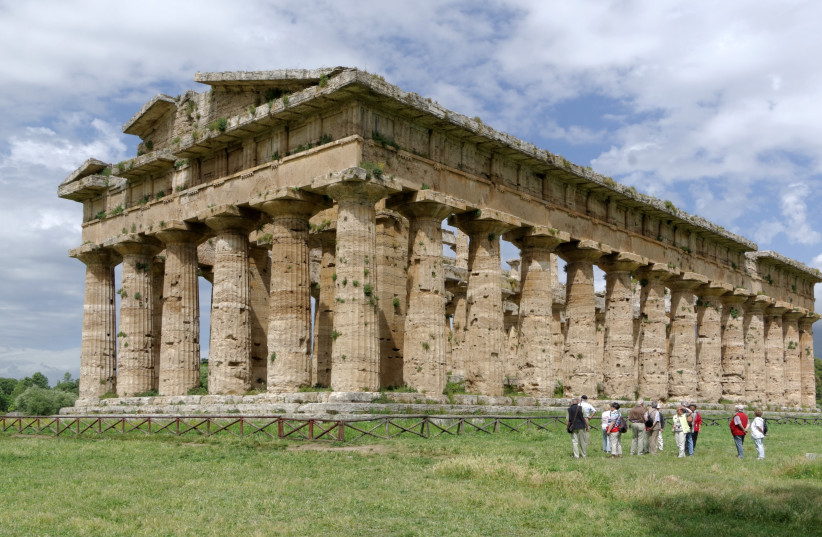Archaologists have found two helmets, metal pieces believed to be from weapons and the ruins of an ancient temple in the town of Velia, Italy, where a Greek colony once existed.
According to a report in The Guardian, the metal pieces and helmets could be traced to the Battle of Alalia during the sixth-century BCE. In the naval battle, Greek ships defeated Carthaginian and Etruscan forces.
In excavations at the site in Velia, which would have been the acropolis of the ancient settlement, archaeologists also uncovered the walls of a temple and vases with the word "sacred" on them, according to the report.
Velia was part of a group of Greek colonies along the coast of southern Italy called Magna Graecia.
There may have also been offerings at the site to the Greek goddess of wisdom, Athena, according to Massimo Osanna, the director-general of Italian museums.

The new findings "shed fresh light on the history of the powerful Greek colony," he said, adding that the country's culture minister Dario Franceschini said the discoveries show the need to continue to fund research.
